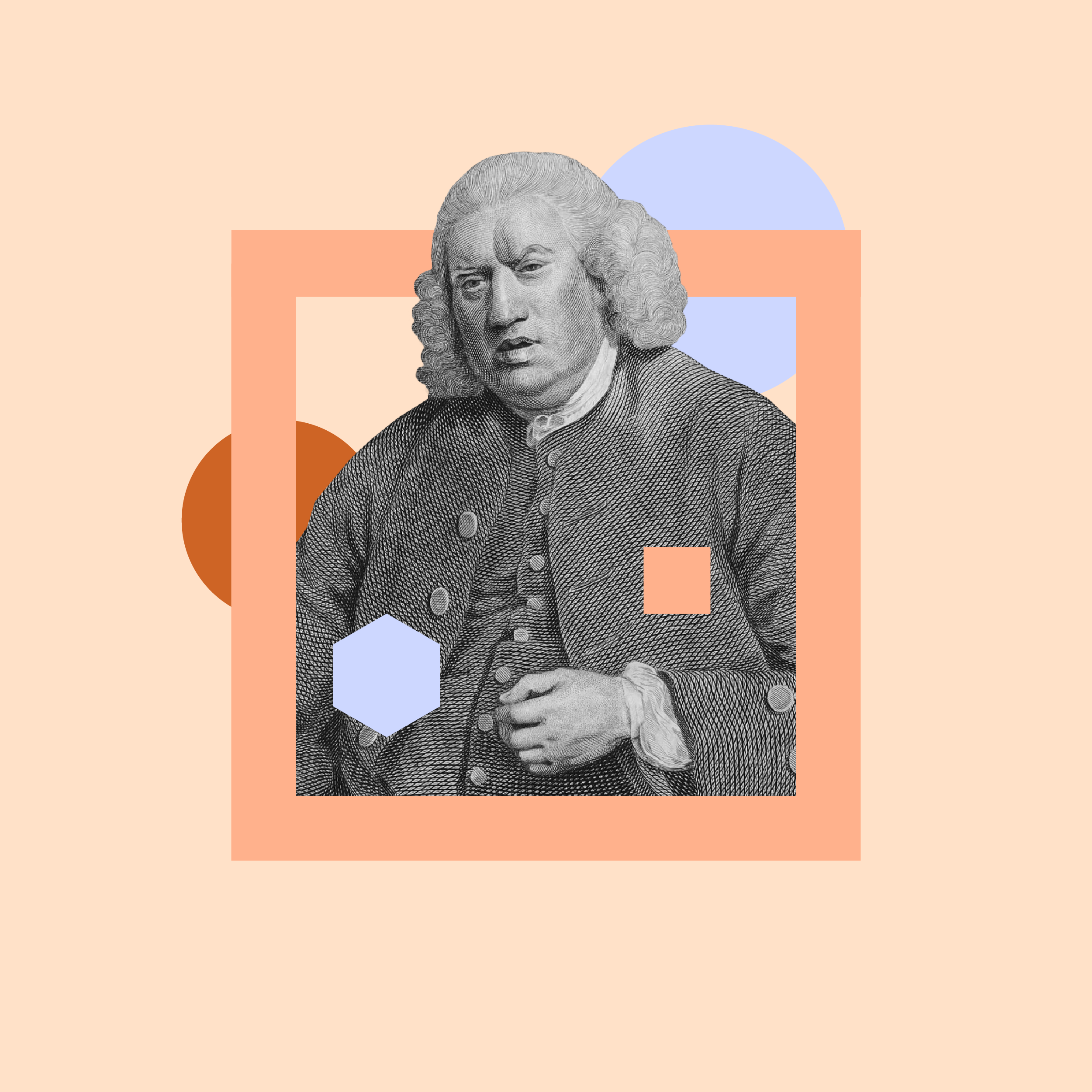-
Noun Formal Universal Usage
Neurodivergence describes the existence or mind-body experience of being Neurodivergent. It is a broad term and encompasses the state of being of anyone whose neurocognitive function differs from societal standards of neurotypical.
Within Neurodiversity some people’s way of being aligns itself with the demands of society, for others their traits may not align: This is called Neurodivergence. Neurodivergence can be disabling (e.g. sensitivity to noise and light) but it can also be beneficial (e.g. higher levels of altruism). Neurodivergence is a wide, all-encompassing term; whilst it can include disabilities, not every Neurodivergence is a disability (e.g. people who spend a lot of time meditating).
Usage Notes:
Example: Autism is a Neurodivergence, Autism and ADHD are neurodivergences.
-
Adjective Formal Universal Usage
A Neurodivergent person is someone whose neurotype is divergent from the neurotype that is supported by and works within the confines of the society in which they live.
Neurodivergent is a neurotype divergence from the needs and demands of society. Neurodivergent encompasses a range of disabilities and ways of being including:
Autism
ADHD
Mental Illness (PTSD, Schizophrenia, OCD)
Acquired Brain Disorders
Dyslexia
Drug induced brain changes (e.g. long-term LSD use)
Meditation induced brain changes (e.g. monks who have dedicated years to meditation)
A person with multiple different neurocognitive neurodivergences can be called ‘multiply Neurodivergent’.
Usage Notes:
Example: I am Neurodivergent: I have Dyslexia.
-
Noun [compound] Formal Universal Usage
The Neurodivergent Paradigm is philosophical basis underpinning the Neurodivergent Movement.
The Neurodivergent Paradigm was developed by Nick Walker (2021) working with other Autistic and Neurodivergent academics and activists. The Paradigm was developed to give an underpinning to the more activist, rights based Neurodivergent movement. Walker describes the paradigm as:
“Neurodiversity is a natural and valuable form of human diversity.
This idea that there is one “normal” or “healthy” type of brain or mind, or one “right” style of neurocognitive functioning, is a culturally constructed fiction, no more valid (and no more conductive to a healthy society or to the overall well-being of humanity) than the idea that there is one “normal” or “right” ethnicity, gender, or culture.
The social dynamics that manifest in regard to neurodiversity are similar to the social dynamics that manifest in regards to other forms of human diversity (e.g., diversity of ethnicity, gender, or culture). These dynamics include the dynamics of social power inequalities, and also the dynamics by which diversity, when embraced, acts as a source of creative potential.”
(Walker 2021, pp.36)
The Neurodivergent Paradigm and the Neurodivergent movement are not synonymous, people can be working within the Paradigm but not campaigning or working towards increased rights or liberation.
Usage:
Example: My research looks at Autistic joy, I am basing it in the Neurodivergent Paradigm
References:
Walker, N. (2021). Neuroqueer Heresies: Notes on the neurodiversity paradigm, Autistic empowerment, and postnormal possibilities. Autonomous Press.
-
Noun Formal Universal usage
The concept that all humans have a unique neurological make-up and that this forms an infinite spectrum of human cognition.
Neurodiversity was first used in an academic format by Judy Singer (1998) but had already been developed as a concept in Autism chatrooms and forums throughout the 1990s (Chapman, 2023). The idea of neurodiversity means that there is not a right or wrong way to neurologically ‘be’, and that people form a spectrum of ways of being and thinking. The concept parallels biodiversity, suggesting that society needs neurodiversity to function, in the same way that biodiversity is vital to the ecosystem.
Usage Notes:
Everyone is on a spectrum of infinite neurocognitive functioning. Neurodiversity refers to everyone and cannot be used to refer to a single person. It cannot be used to describe any group within the Neurodiversity spectrum.
Example: Neurodiversity includes the entire spectrum of people in the world.
References
Chapman, R. (2023). Empire of Normality: Neurodiversity and Capitalism. Pluto Press
Singer, J. (1998). The Birth of Community Amongst People on the Autism Spectrum: A personal exploration of a New Social Movement based on Neurological Diversity
-
Noun + Verb Formal Universal usage
Embracing one’s Neurodivergence in a way that queers (questions and changes) the neuro-normative, cisgendered, heteronormative patriarchal society. NeuroQueer is both a noun and a verb, a person can be said to be NeuroQueer and a person can be NeuroQueering.
NeuroQueer is a term developed by Nick Walker (2021). The concept is built on Queer Theory, and argues that it is not enough to exist as Neurodivergent person within Neurotypical societal rules. NeuroQueer is both a noun and a verb, to NeuroQueer is to embrace and express Neurodivergence in a manner that queers the neuro-normative (the idea that the Neurotypical neurotype has supremacy over all other neurotypes), cisgendered, heteronormative patriarchal society. This can be done through bodily expression, such as stimming, or through dressing in a manner that supports and nurtures the Neurodivergent mind and body.
Usage:
Example: I stim during meetings and encourage others to stim as well, I am NeuroQueering the workplace.
References:
Walker, N. (2021). Neuroqueer Heresies: Notes on the neurodiversity paradigm, Autistic empowerment, and postnormal possibilities. Autonomous Press.
-
Noun Formal Universal Usage
A neurotype refers to the type of neurocognitive make-up of a person. Neurotypical and Neurodivergent are neurotypes.
The way in which people interact with and experience the world is split into Neurotypes. These are usually split into two neurotypes: Neurotypical and Neurodivergent. Neurotypes are a way of explaining neuro-cognition and embraces the idea of a spectrum of minds. Neurotypes are not always static, and people may move between neurotypes.
Usage Notes:
Different neurotypes are not shorthand for abnormal/normal. Neurotypes are used to acknowledge the wide spectrum of humanity.
Example: Our team has a range of neurotypes represented in it.
-
Adjective Formal Universal Usage
Describes a person whose neurotype benefits from and works with the way the society in which they live operates.
Neurotypical is the term given to someone whose neurotype matches the needs and desires of the society they live in. Neurotypical people may become Neurodivergent through a range of reasons. Neurotypical is not shorthand for ‘normal’, and when using Neurotypical it is important to acknowledge that this neurotype is not the preferred or default state of human beings.
Usage Notes
Example: My Partner has ADHD; they are Neurodivergent. I do not have ADHD; I am Neurotypical.







